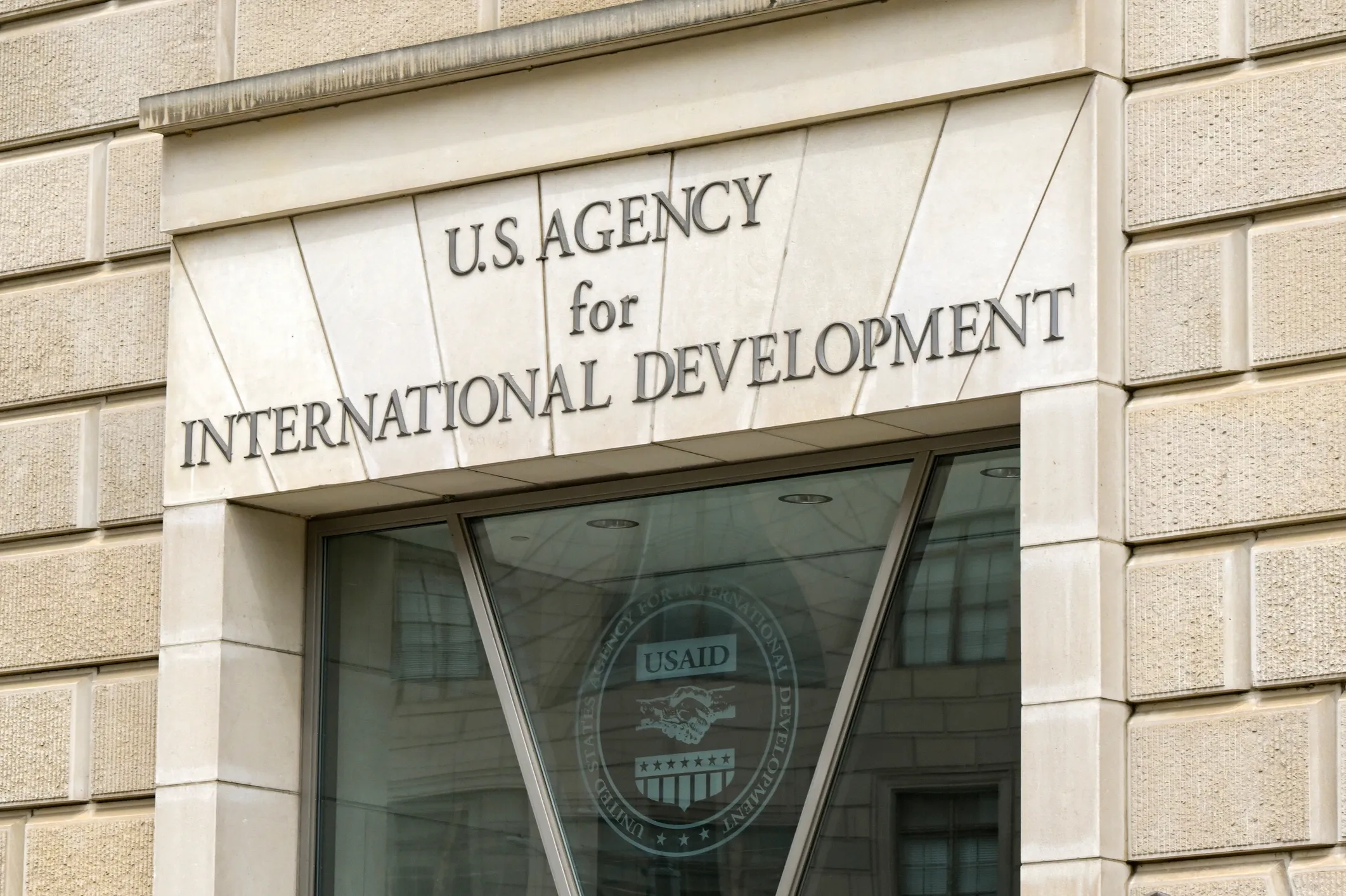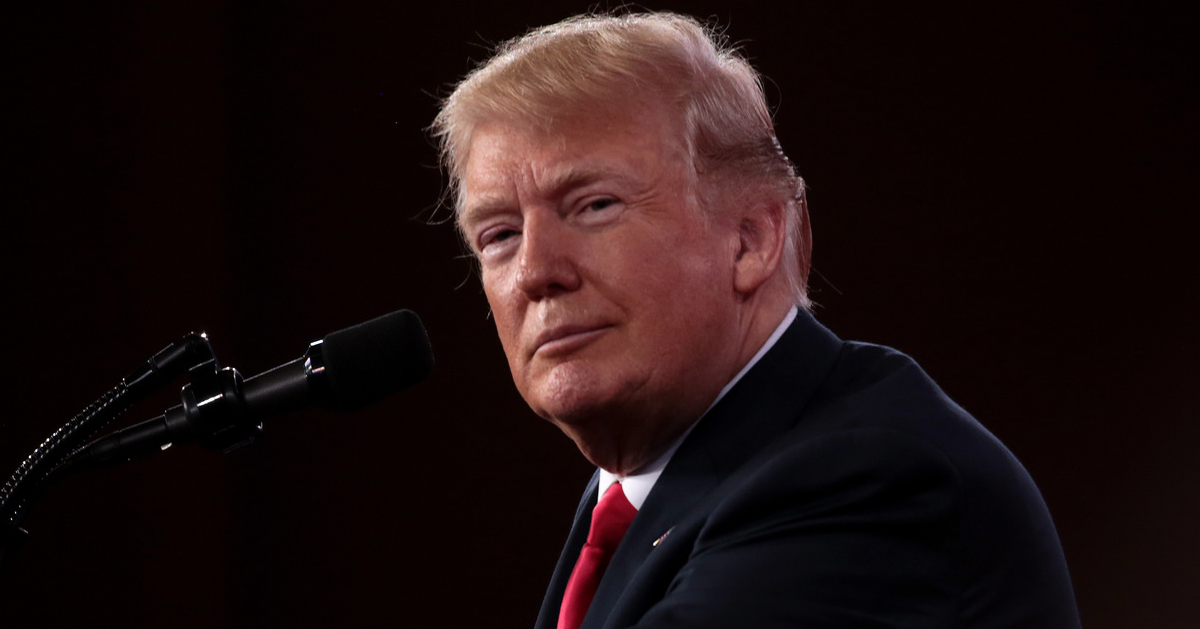The recent developments in the USAID downsizing saga have taken a turn with a federal appeals court putting a temporary halt to a lower court’s decision.
The U.S. Court of Appeals for the Fourth Circuit decided to put on hold the order by U.S. District Judge Theodore Chuang, who had attempted to block the administration’s efforts to reduce USAID’s operations. This move was seen as a win for the Department of Government Efficiency (DOGE) and Elon Musk, who are leading the effort.
Judge A. Marvin Quattlebaum Jr. stated in the order that the appeals court’s decision was in the public’s best interest, suggesting confidence in the administration’s position.
Quattlebaum mentioned that Musk and DOGE are likely to succeed when the case is thoroughly reviewed, indicating that they would face significant harm if the stay wasn’t granted. He also noted that the USAID employees who filed the lawsuit would not suffer any harm because of the stay.
In his remarks, Judge Quattlebaum pointed out that while DOGE’s activities concerning USAID may be unconventional, that doesn’t necessarily make them unconstitutional. He acknowledged the possibility that the plaintiffs could eventually present evidence of unconstitutional actions as the case continues. However, he emphasized that the current evidence doesn’t support the lower court’s claim of likely constitutional violations.
This decision followed an emergency temporary stay issued by the appeals court on March 25, which was extended on March 27. Judge Chuang had argued that the actions of Musk and DOGE, which aimed to scale down USAID, likely breached the U.S. Constitution. He claimed that shutting down USAID headquarters and laying off most of its workforce violated the separation of powers doctrine.
The Trump administration countered this by arguing that the president has the authority under Article II of the Constitution to manage foreign relations, which includes the power to downsize federal agencies.
However, Judge Chuang disputed this, stating that the actions taken were more about the structure and resources of a federal agency rather than direct foreign policy actions.
Chuang’s order had also stated that Musk and DOGE’s actions harmed the public interest by undermining Congress’s constitutional authority.
He ordered the reinstatement of access for USAID workers and contractors and directed that no further actions be taken to terminate contracts or employment. The Fourth Circuit’s order came after the Department of Justice sought an emergency stay while appealing Chuang’s ruling.
The DOJ argued that Chuang was incorrect in suggesting that Musk is an officer of the United States whose appointment requires Senate confirmation.
They maintained that Musk does not wield significant authority under U.S. law, referencing the 1991 Supreme Court ruling in Freytag v. Commissioner. His role is purely advisory and lacks the significant authority required for officer status.
Furthermore, the DOJ highlighted that Musk cannot make binding decisions for the Executive Branch or establish policies on its behalf. This supports the administration’s position that Musk’s involvement does not infringe on constitutional stipulations.
In response to a reporter’s query about winding down USAID, President Trump expressed his agreement with the move, praising Musk for his efforts. This statement aligns with the administration’s broader goal of restructuring federal agencies to increase efficiency.
The situation remains in a state of flux as the appeals court’s decision provides a temporary reprieve for the administration’s plans. As the legal process unfolds, both sides are preparing to present their cases in detail. The outcome will likely have significant implications for the future of USAID and the administration’s ability to implement its vision for government efficiency.




Move these corrupt judges to new locations to the North Pole in a new tent courtroom screw them for obstructing a sitting president’s EOs. They need to be removed from the bench immediate and impeached immediately. Put them in jail for obstruction.